Members directory

Dr
Mame Thierno
Bakhoum
My current and long-term research interests involve genomics and ecology of Culicoides in order to better understand the epidemiology of Culicoides-borne diseases in order to implement effective and sustainable vector control methods.
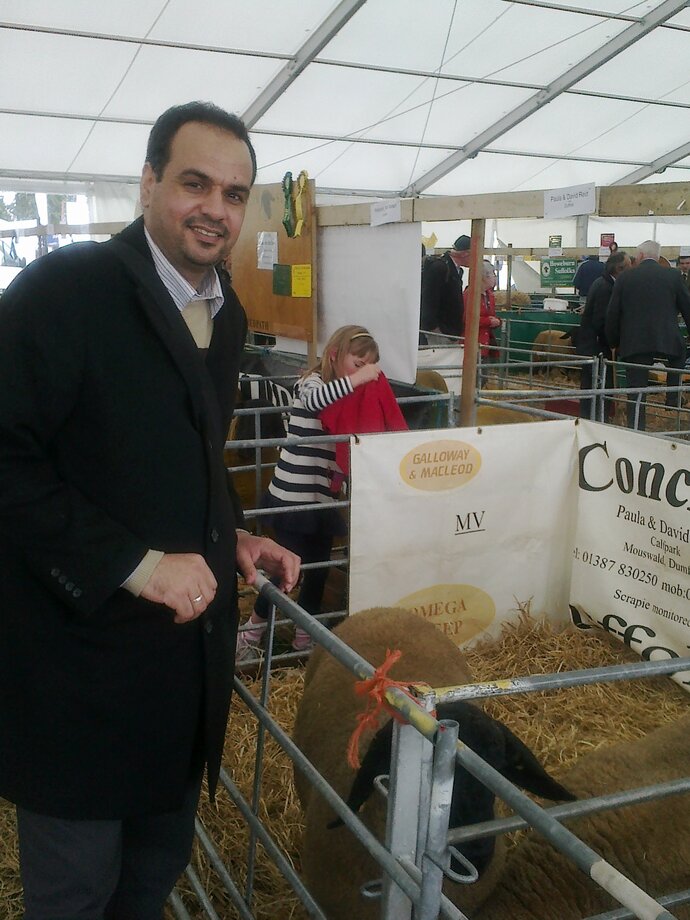
Mr
Faraj
Bakkar
I am interested in research in the field of the vector borne zoonotic disease, especially Rift Valley Fever and blue tongue disease, in addition to other research interests.
Briefly I am interested in;
Infection and global health
One health (infectious diseases)
Socio-economic impacts of diseases
Veterinary epidemiology
Zoonoses and animal health surveillance

Dr
Francesco
Baldini
Biting midges and black flies, specifically the ecological drivers of their avian malaria transmission ability and interactions with endosymbionts

Miss
Paramita
Banerjee
Biology of Culicoides
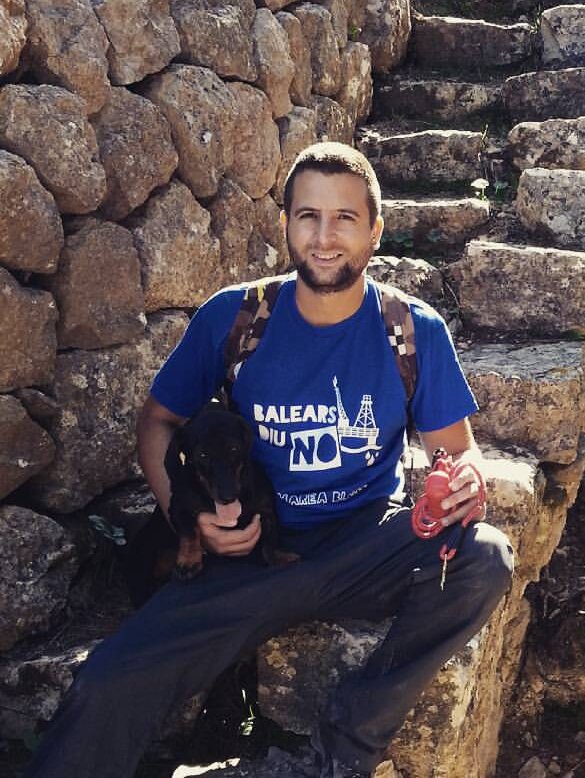
Dr
Carlos
Barceló
Entomology and Vector ecology

Dr
antoine
barreaux
My research focuses on the ecology and evolution of host parasites interactions, vector biology and life history theory. One of my main interest is in carry over effects, namely the evolutionary consequences of early life environment and maternal investments.
I joined a BBSRC project where my focus is on evolutionary modeling of maternal investments in tsetse flies and how that may impact vector competence and the epidemiology of the African Animal Trypanosomiasis. In this project my approach is theoretical and it is in collaboration with colleagues in charge of field work in Zimbabwe and lab studies in Liverpool (LSTM).
I have worked previously on the malaria system, from ecology & evolution of mosquito immunity (PhD), to combining evolutionary & applied ecology to improve malaria control (postdoc) in the Eave tubes project with field work in West Africa, funded by the Bill and Melinda Gates Foundation.

Professor
Maria-Gloria
Basanez
The epidemiology, control, transmission dynamics, and mathematical modelling of neglected tropical diseases (NTDs) in general and filarial infections in particular. Currently focusing on refining transmission models of onchocerciasis control and elimination under the umbrella of the NTD Modelling Consortium. Parameterising models with field-derived data, including vector bionomics, vector-parasite-host interactions, parasitological and entomological data, and statistical analyses of datasets. Interest in blackfies and their transmission dynamics to better understand the impact of control interventions, including antivectorial and antiparasitic measures.

Dr
Kabirul
Bashar
Ecology, Taxonomy and Management of Medical Important Pests
I am a medical Entomologist and Professor of the Department of Zoology of a public university, Jahangirnagar University. I am working on medical important pest in Bangladesh. I am interested to do work on sand fly vector(s).

Sanjay
Basu
Genetics and molecular biology of mosquitoes

Dr
Adi
Behar
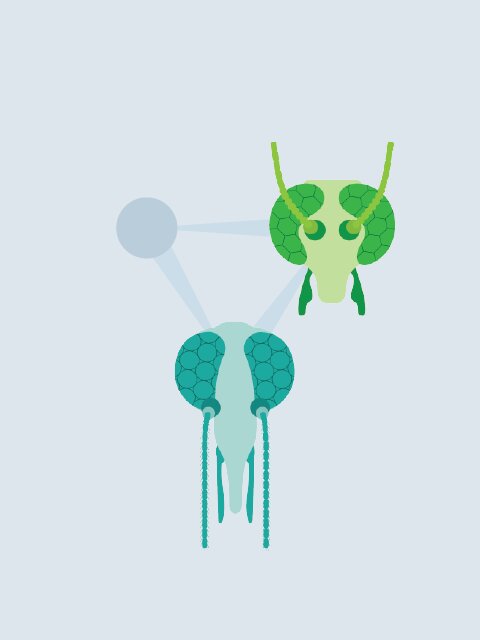
Dr
Lesley
Bell-Sakyi
I generate, maintain and exploit cell lines from ticks and other arthropods. I manage the Tick Cell Biobank https://www.liverpool.ac.uk/infection-and-global-health/research/tick-cell-biobank/ , the world's only dedicated culture collection for cell lines derived from ticks and other arthropods of medical, veterinary and agricultural importance. I have recently generated two cell lines from the sand fly Lutzomyia longipalpis and am working on additional sand fly and biting midge cell lines. I am interested in accessing starting material for any arthropod cell lines, and collaborative research utilising existing and novel cell lines.

Dr
ROMEO
BELLINI
Romeo Bellini (Ph.D. in Entomology at the University of Bologna) is currently covering the position of Director of the Medical & Veterinary Entomology Dept. at the Centro Agricoltura Ambiente “G.Nicoli” (http://www.caa.it). He is the scientific responsible for the IAEA Collaborating Centre established in the 2012 at the CAA. He recently (2014) obtained the Italian national qualification of full Professor in Plant Pathology & Entomology. He has 30 years of experience in mosquito ecology studies and management of mosquito control programs in Italy. He has been coordinator of the EU-LIFE program 1994-’96 "Environmental friendly management of tourist areas on the Emilia-Romagna Riviera” and WP 10 leader in the FP7 Infrastructure project “Research capacity for the implementation of genetic control of mosquitoes-INFRAVEC”. Currently he is in charge of supervising and coordinating laboratory and field activities of a team of 7 full-time and 5 part-time technicians. He is author of 98 referred scientific publications and 69 other publications; 62 oral and 64 poster presentations in international scientific meetings. He is serving as a peer reviewer for Acta Tropica, Bulletin of Entomological Research, Journal of Medical Entomology, Journal of Vector Ecology, Journal of American Mosquito Control Association, Bulletin of Insectology, Medical and Veterinary Entomology, Journal of Applied Ecology, Parasites & Vectors, PLoS Neglected Tropical Disease, Pathogens and Global Health, Vector-Borne and Zoonotic Diseases. He served as a European Director of the Society for Vector Ecology (1998-’99) and the Italian Director of the European Mosquito Control Association (2003-’05). He is member of the most important scientific societies in the field of medical entomology such as AMCA, ESA, SOIPA, SOVE. His scientific interests have been focused on the developing of mosquito and other vectors surveillance and monitoring methods, followed by the implementation of control strategies at low environmental impact and with no sanitary risks. He has been very active in the implementation of biological mosquito control in Italy using Bacillus thuringiensis israelensis formulations and fishes (Gambusia holbrooki, Aphanius fasciatus); in the standardization of reliable mosquito monitoring methods; in testing new products and tools for mosquito control. Following the introduction of Aedes albopictus in Italy (1990) he has been involved in studying the ecology of the species in the new habitats and developing specific control measures including source reduction, larval control, community participation. In the year 2000 he started investigating the application of the Sterile Insect Technique (SIT) against Ae. albopictus. Recently he is also interested in the surveillance and risk assessment of emerging vector borne diseases in Europe. He is providing expertise consultations to international bodies such as World Health Organization (WHO) Europe, European Centre for Diseases Prevention and Control (ECDC), European Food Safety Agency (EFSA), International Atomic Energy Agency (IAEA).
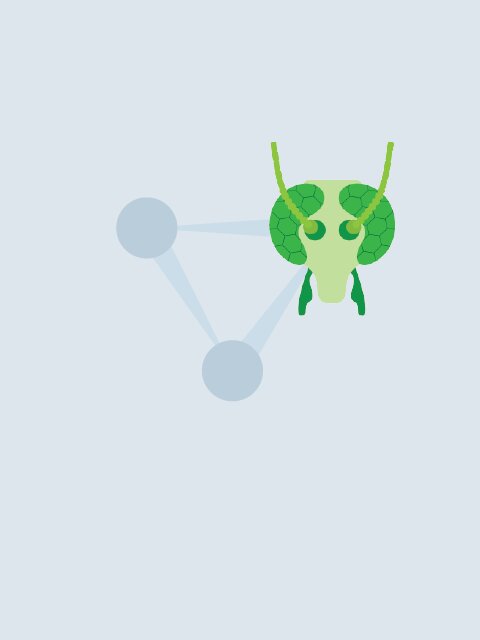
Dr
Glenn
Bellis
taxonomy of Culicoides
DNA barcoding
vector competence
vector biology
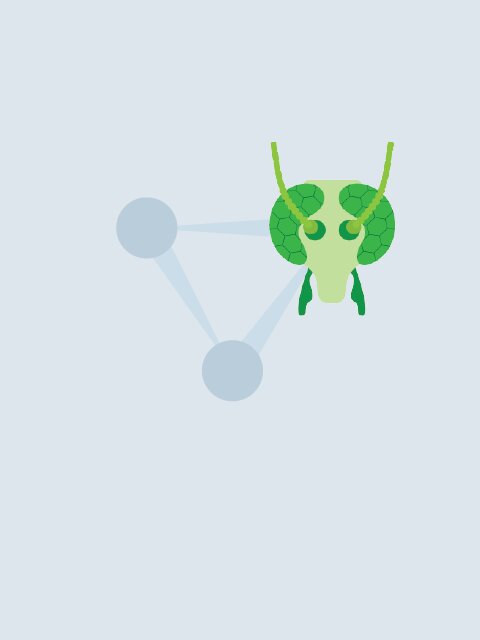
Dr
Roman
Biek
Infectious disease ecology and evolution; epidemiology, molecular ecology, vector biology
Working on bluetongue and Lyme disease among other (mostly non-vector-borne diseases)
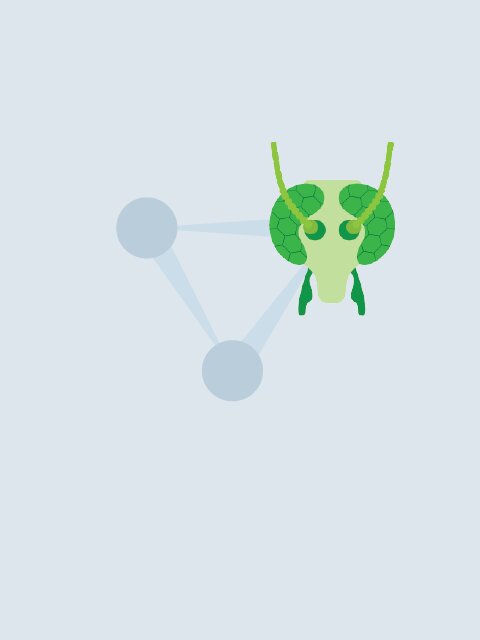
Dr
Alison
Blackwell
Culicoides ecology, biology and contrrol.

Dr
Marcus
Blagrove
My current research interests lie in investigating vector competence for arboviruses. I am particularly interested in the effect of temperature on virus transmission, including the minimum environmental temperature required for transmission, to identify regions at risk from invasive or endemic viruses. I am also interested in the potential for viruses to adapt to different conditions, and consequently, the risk they may pose in the future.

Dr
DEFO TALOM
Blaise Armand

Dr
Aneliya
Bobeva
I am fascinated by the biology and ecology of the vectors - their diversity and capacity to transmit varios vector-born disease. My research is mainly focused on faunistic diversity of Culicoides biting midges and their role in the vector-parasite and vector-host interactions in the parasite-vector-host system of biting midges, avian haemosporidians and birds.

Dr
Art
Borkent
Systematics, ecology, behaviour, vectors, morphology, fossil record (everything to do with Ceratopogonidae); systematics of other families of Culicomorpha.

Dr
Maria
Bourquia

Dr
Shubhranil
Brahma
Systematics, ecology and biology of biting midges.

Dr
Corey
Brelsfoard
My long term and current research interests are focused on examining the utility of insect microbes and endosymbionts for disease and vector control. Much of the current work in my lab is centered around Culicoides and Aedes mosquito systems.

Dr
Charles
Brockhouse
Simulium genomes
sex determination
silk genes and proteins
gene regulation
population structure
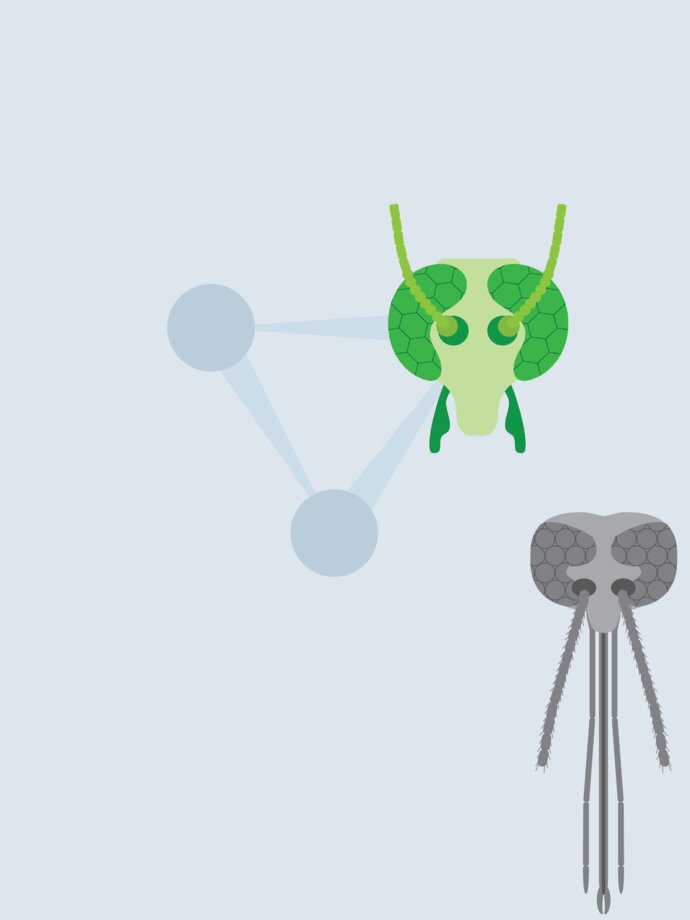
Miss
Faye
Brown

Mrs
Tamiko
Brown-Joseph
My PhD research involves the identification of Culiocides biting midge species currently found in Trinidad using ecozonation; as well as the determination of which serotypes of Culicoides-vectored Bluetongue (BTV) and Epizootic Haemorrhagic Disease (EHDV) viruses are circulating in Trinidad using a naïve cohort of cattle. Additional research involved the comparison of the different types of traps (incandescent light, UV light, semio-chemical baited and sweep-nets) with respect to Culicoides specimen and species yield and their crepuscular activity.

Dr
Victor
Brugman
I am Honorary Assistant Professor at London School of Hygiene and Tropical Medicine and Head of Development & Partnerships at the university's first biotech spin-out Vecotech Ltd. I lead research developing novel attractant and repellent products for pest arthropods. My research interests lie with increasing the understanding the behavioural biology of pest arthropods and in developing novel surveillance and control tools targeting them.

Dr
Núria
Busquets

René
Bødker
Surveillance, modelling and prediction of risk and intensity of vector borne disease transmission in time and space